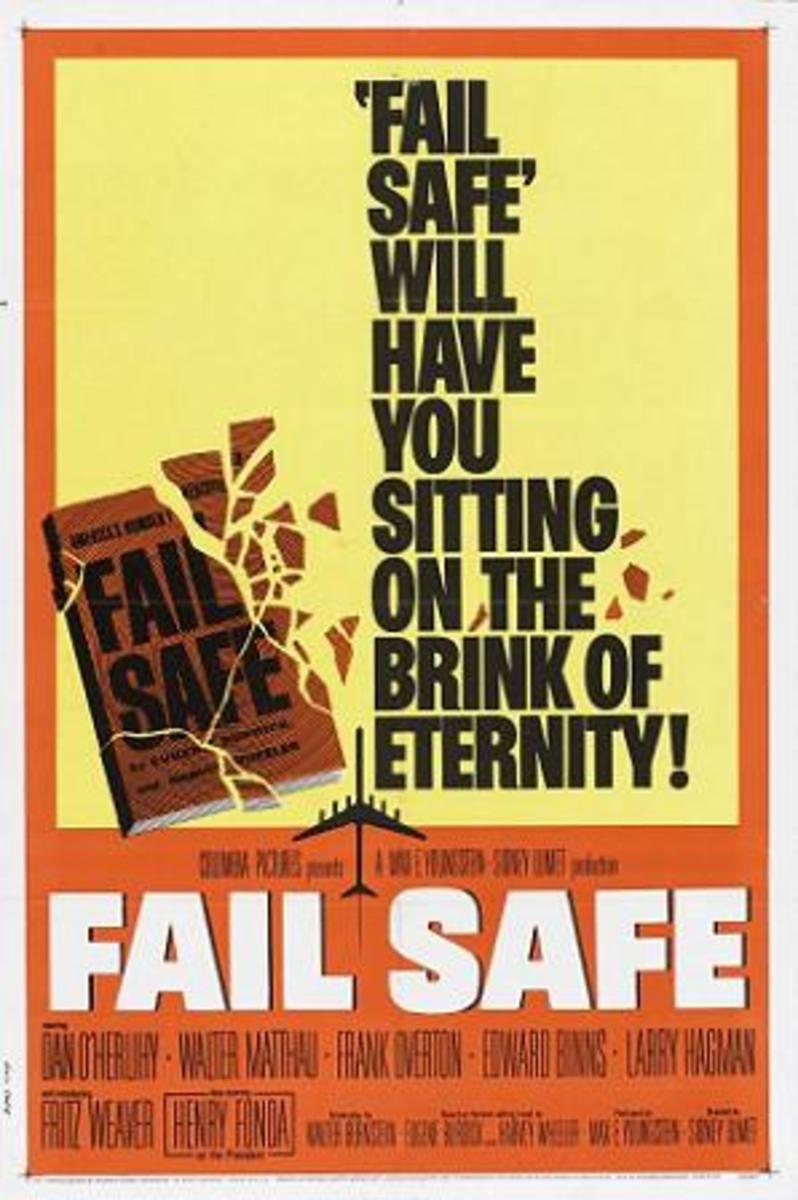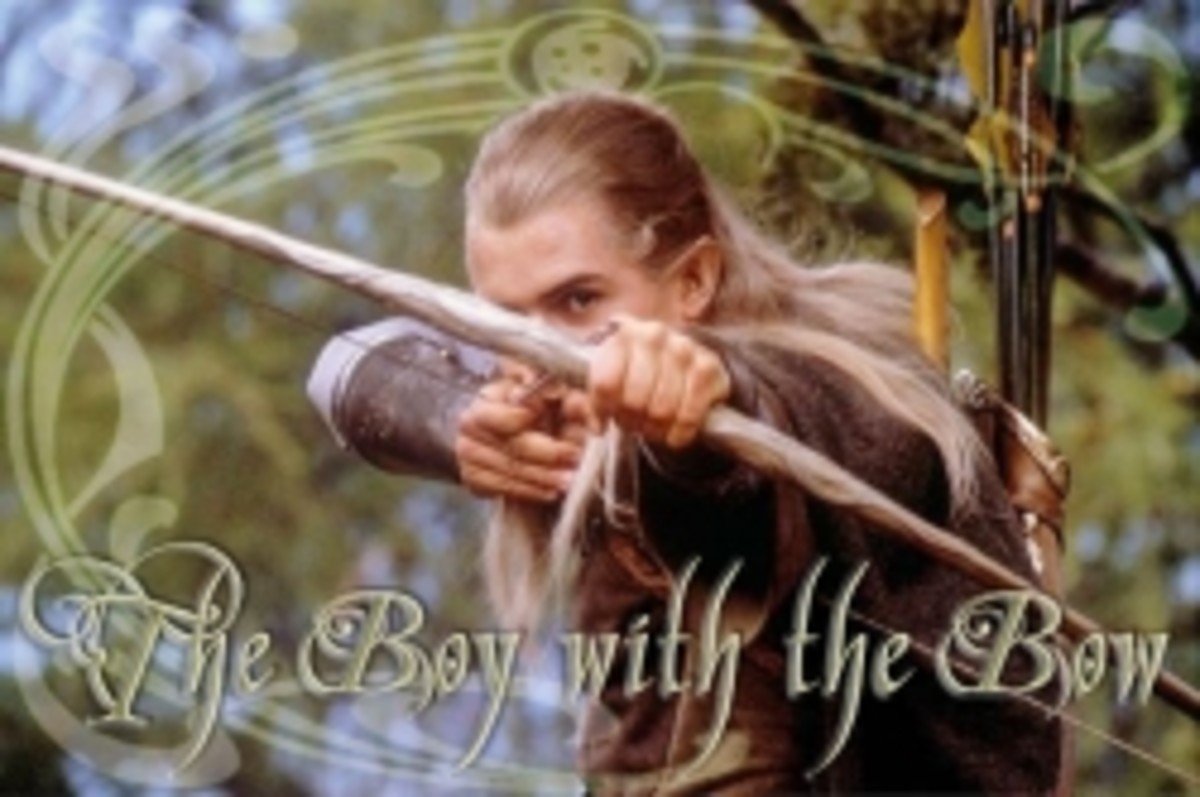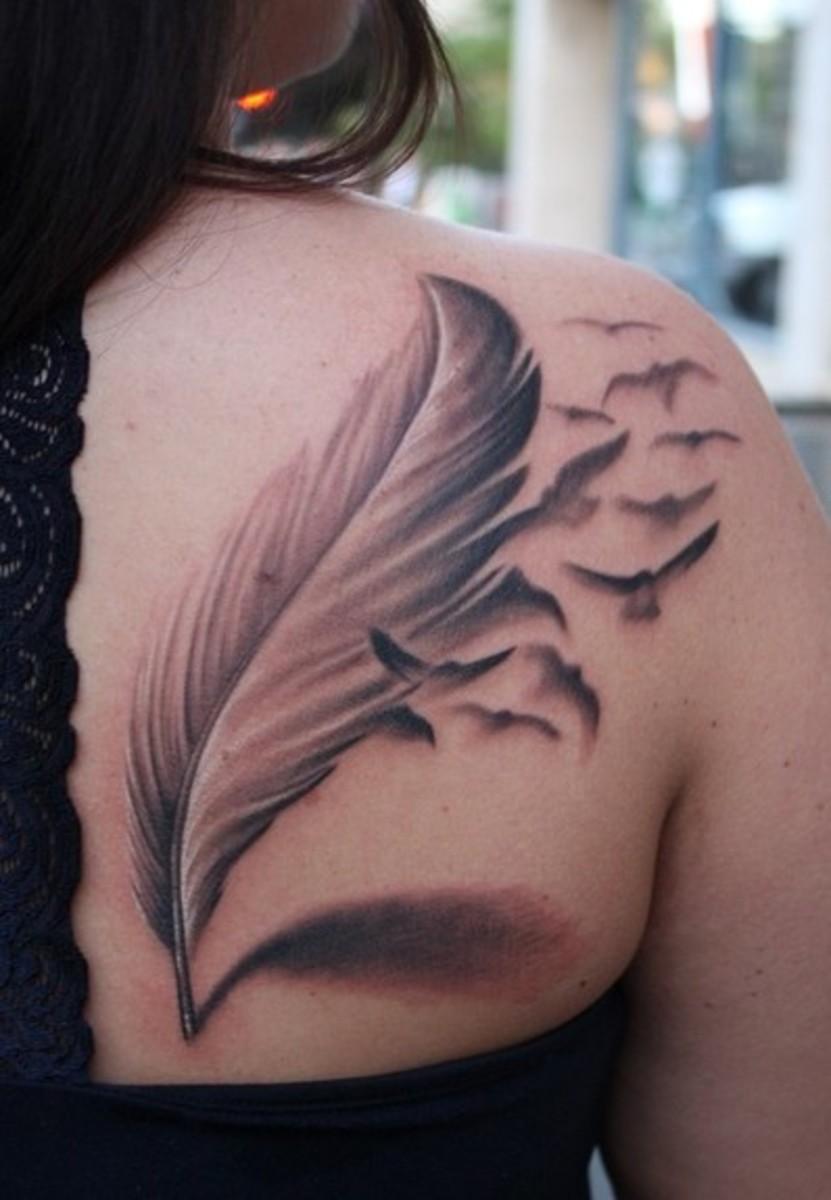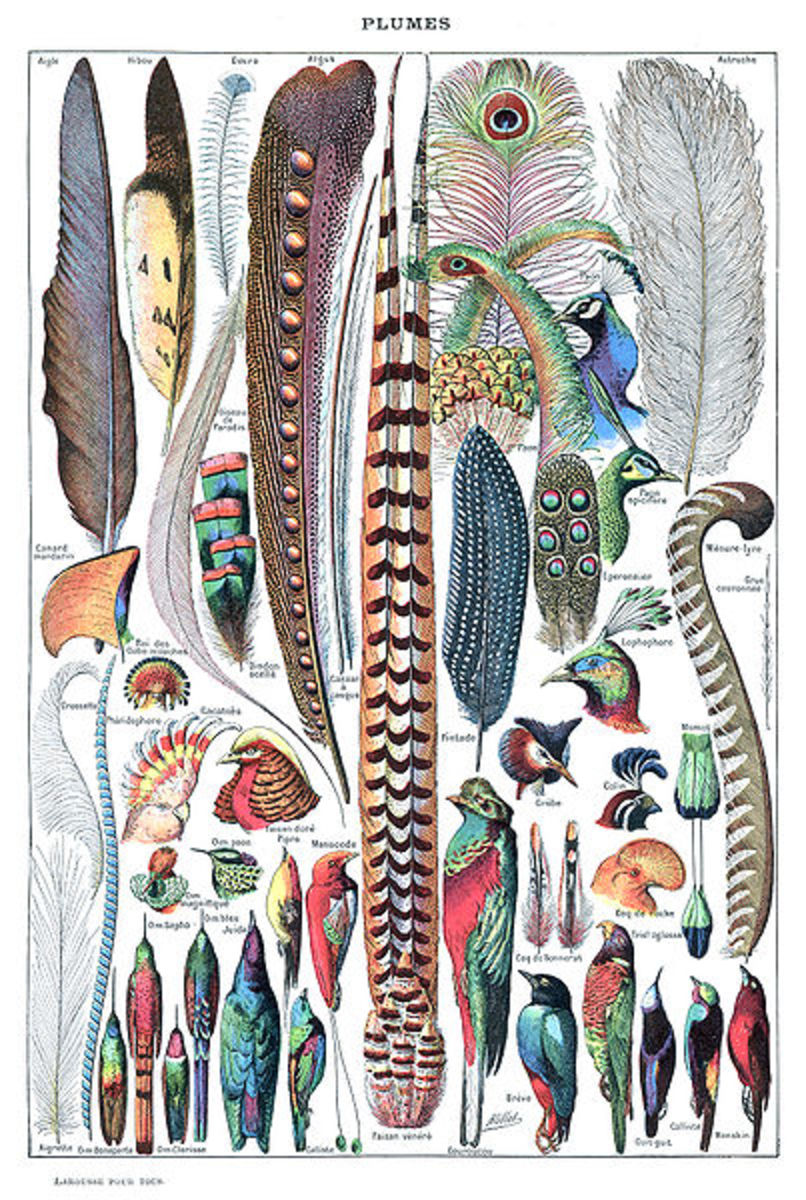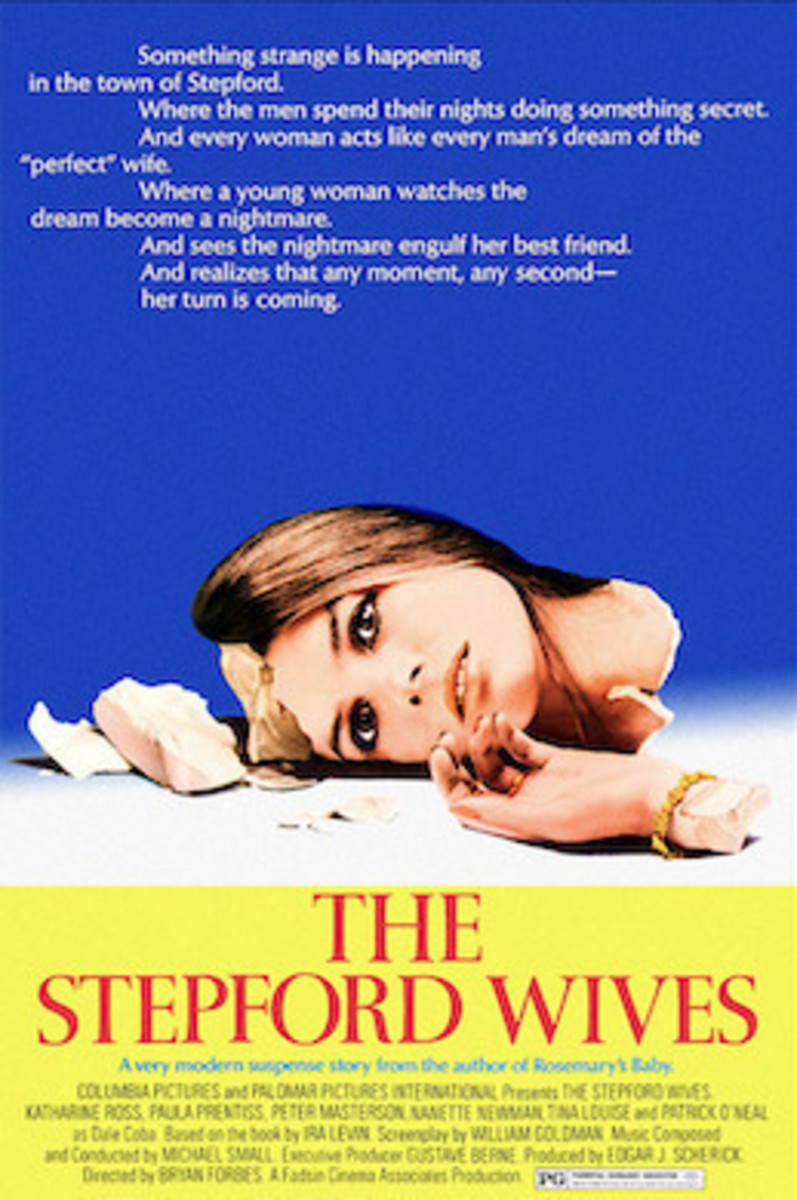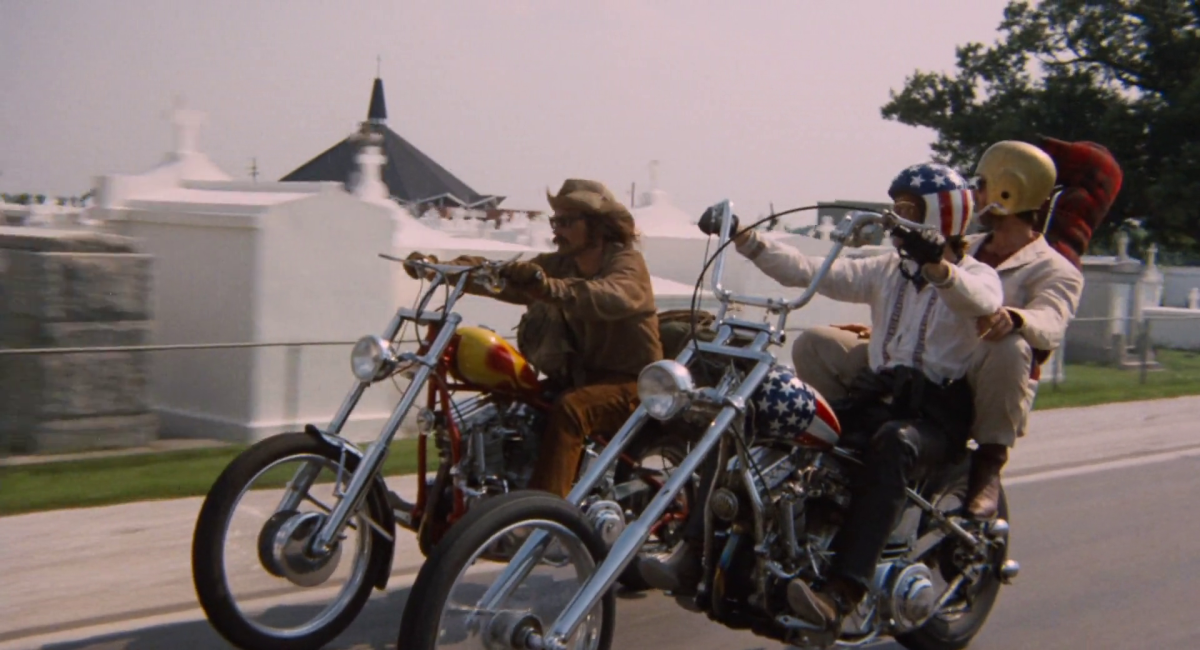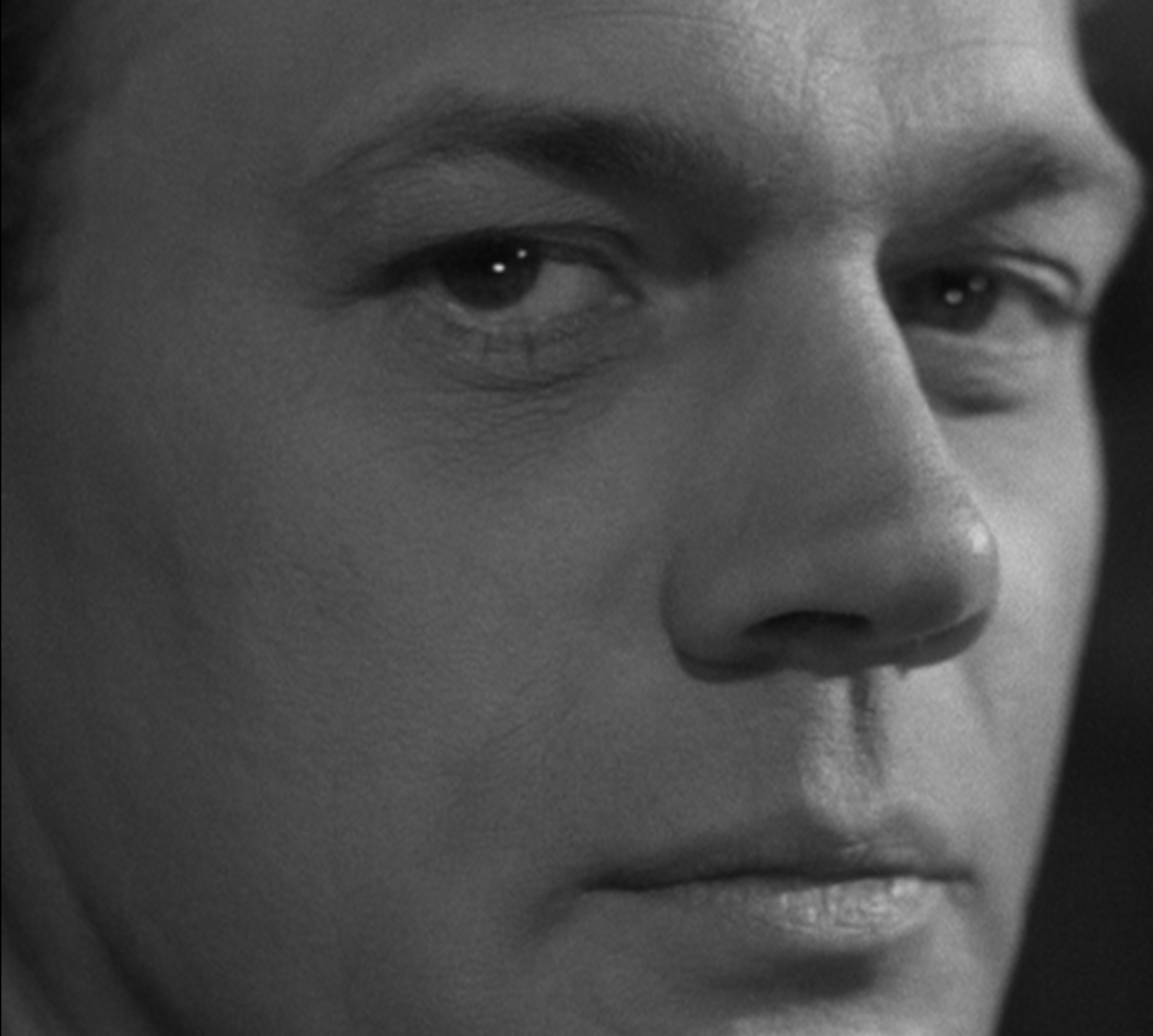The Tale of the Four Feathers
The Movie Poster
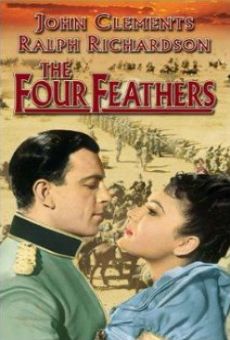
Cast
The Four Feathers
2 hrs. 9 mins Adventure, War, Drama, Romance 1939 7.6 stars
Director: Zoltan Korda
Cast: John Clements - Harry Faversham
Ralph Richardson - Captain John Durrance
C. Aubrey Smith - General Burroughs
June Duprez - Ethne Burroughs
Jack Allen - Lieutenant Willoughby
Donald Grey - Peter Burroughs
Frederick Culley - Dr. Sutton
Note: Spoiler alert. This review reveals the outcome of the movie.
Faversham Receiving the Feathers
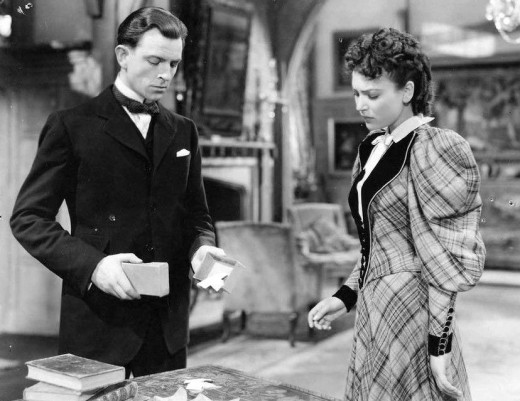
Synopsis
The movie opens with a man’s concern for the development of his young son. Harry Faversham is a 10 year old boy born into a military family, one with generation upon generation of military heroes and war casualties. The elder Faversham invites the boy to dine with him and his old war buddies who tell tales of their own glory days and what may be called by others’ their gory days. The men enjoy retelling stories about the horror of war. Young Harry is mortified by these tales told by those who survived the battles and lived to tell about it. Before Harry is sent off to bed a toast is raised to him that “he would prove to be the bravest of all the Favershams”.
He understands from his knowledge of his own family history that he is expected to follow in the footsteps of his ancestors and become a military officer, but his view of this future terrifies him.
That opening was a background scene which explains his actions and intrapersonal conflicts that will shape his choices for the rest of the movie.
The next scene takes place many years later; the older Faversham is dead and Harry (now played by John Clements) is a young man who has been educated in a military academy and commissioned in the British army. He is also engaged to the lovely Ethne Burroughs (played by June Duprez) who happens be the daughter of that man who toasted him those many years ago, General Burroughs (played by C. Aubrey Smith). The general is a very proud veteran who relishes telling of his own heroics during the Crimean War. He retells the same story several times throughout the movie. It’s actually comical because it is obvious that everyone has heard it over and over before.
Faversham’s regiment gets called to active service in Sudan and on the very eve of departure he submits his resignation from the regiment to his commanding officer. He has quit to the disappointment of all. All of his friends and even his fiancé are ashamed of him and they let him know by sending him white feathers, a symbol of cowardice. He receives a total of four feathers from each of his three military cohorts and the fourth from his fiancé. His fiancé’s father, the proud General Burroughs, disdains to even acknowledge his presence.
The release from military service did not reward him with the freedom he presumed; rather it formed a sort of imprisonment he hadn’t anticipated. Dejected and, to use a modern term, unfriended, he sank deep into critical self-examination and self-loathing for he also believed himself to be a coward and that shame was too much to bear. Ironically it takes a different kind of bravery to be a coward. He didn’t have that and it broke him. He confided in an old doctor, Dr. Sutton (played by Frederick Culley) who was one of his father’s circle of soldier friends. Dr. Sutton was non-judgmental towards him and helped him sort out his thoughts.
To deal with his intrapersonal disfavor and to win back self-respect and perhaps the respect of those close to him Faversham came up with a plan. This plan unfolds throughout the remainder of the movie. He determines to return all four feathers to those who sent them, by means of heroic deeds done for the behalf of each one.
He leaves to go to Africa where his regiment is fighting. He gets in contact with a man, a doctor, who can dye his skin and dress him as a local tribesman. There is a tribe of natives who were defeated and had their tongues cut out. Each of them was distinguished by a brand on their foreheads Faversham had himself branded, had his skin dyed and was appropriately clothed so as to pass for a native. The brand indicated to all around that he was unable to speak (but we know that he was able to).
In this disguise he went and joined in with the tribes that were attacking his regiment in Sudan. Captain Durrance (played by Ralph Richardson), Faversham’s friend (and rival for Ethne) had gotten sunstroke and had been blinded because of it. The regiment was attacked and defeated, but after the battle, Faversham rescued him without saying a word and they trekked across the wilderness and down the Nile to the British outpost where he was left, but not before Faversham placed a feather in a letter that was in the pocket of Durrance’s uniform. However, he was seen by the fortress guards and was apprehended for trying to rob Durrance or so they thought. Faversham was detained for a short while, but then released among the natives.
Durrance goes home to England where he pursues a romance with Ethne. One night while having dinner with her, General Burroughs and Dr. Sutton he retells the story of his bizarre rescue by the mute Arab. He reaches the part of the story where he explains how his rescuer tried to rob him. He said that all he carried was a letter from Ethne which he produced. He handed it to Ethne to read and the feather fell out. Ethne and the others could see it and they knew immediately the identity of Durrance’s rescuer, but Durrance was unaware due to his blindness. The table was stunned and silent. Ethne put the feather back into the envelope and handed it back to Durrance.
Meanwhile Faversham, still disguised as an Arab native, got thrown into prison for being spotted speaking to his other friends who did not know yet who he was (we also saw him pass a file to them). These two other friends who had given him feathers were Peter Burroughs (Ethne’s brother and the son of General Burroughs) and Willoughby. In prison he was placed in a large population with these two friends. Soon he revealed his identity to them. He knew the prison and the circumstances outside and he had planned an escape using the file that he had passed along to them earlier. When the British troops come to attack the enemy fortress where they are being held Faversham put his plan into action. All the prisoners were set free and assist the British from the inside securing a decisive victory!
When the news of Faversham’s heroism reached back to England Durrance put the pieces of what he knew together and he reached again for his letter. He felt inside and realized that there was a feather inside. Then he knew that his mute native rescuer was none other than Harry Faversham, returning his feather to him by an act of bravery. By an act of bravery, facilitating their escape from prison, he earned the right to return the feathers to Peter Burroughs and Willoughby as well which he would later do. But what of the romance between him and Ethne? What about Ethne’s feather? Durrance dictated a letter to Ethne explaining that he was off to Germany to undergo treatments with an expert optical specialist – a falsehood. But he thus bowed out of the relationship.
Faversham, no longer in Arab disguise, went to dinner at the home of General Burroughs and Ethne, their other military friends also attending. In order to return Ethne’s feather he performed an act of bravery there. When General Burroughs commenced to tell his usual tale of bravery from the Crimean War, Faversham interrupted him and corrected his story based on information he had learned long ago from his father. This updated version painted the General in a less then favorable light. Faversham then handed the feather to Ethne to her delight.
Faversham Helping Durrance Across the Desert
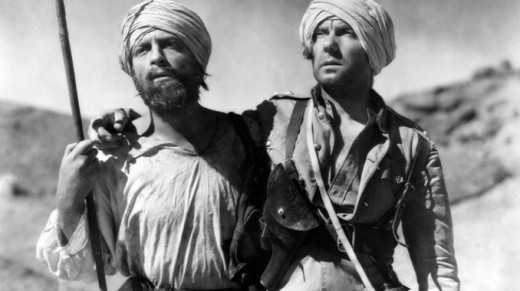
Analysis
The movie explores the impact and consequences of cowardice. When Faversham resigns his commission his commanding officer is wroth, his comrades feel betrayed, and his fiancé and her father are ashamed of him. Only Dr. Sutton deals with him non-judgmentally.
Faversham had two stated reasons for his action. First, he had a revulsion to battle because of the dinner he had attended as a boy and the grotesque descriptions of the battle casualties related by his father’s soldier buddies. This is something that had not been instilled in the minds of his friends who like many a young soldier see battle as merely a glorious thing rather than the reality that it is ghastly. Second, he wanted to start his marriage to Ethne and not be impeded by the prospect of a military commitment from which he may not return. But his decision was more costly than he had calculated and it left him bereft of the vigor of his life. He could not hold his head up in public, but rather sulked within the shadows and he soon realized that the choice he had made was more difficult than if he had stayed the course and gone off to war. The position he held as an officer was great until war was declared, then he had a dilemma.
Now having faced a lifetime of cowardice verses his odds on the battlefield, he adjudged it to be less difficult. It seems ironic, but opting to go to the battlefield and fight was in some way the easier thing to do, the easier burden to bear.
His plan was to redeem himself on an individual and personal basis in the eyes of each friend that gave him a feather. He did not have an attitude of vengeance vowing to make them eat their feathers, but an attitude of helpfulness to advance the cause of the regiment and redeem himself in the eyes of his peers and everyone else dear to him. His plan worked and as it is a redemption story it’s very appealing to the audience. People like heroes; they like saviors and they like to see the good win over the evil. His battle wasn’t with the Arabs so much as it was with himself.
The character in this movie that has the worst outcome is without a doubt Captain Durrance. All throughout the story his is an exemplary character but everything goes wrong for him. The way he handles each misfortune is admirable and each time he behaves with selfless dignity. His lot in the movie can be summed up by the cliché “nice guys finish last”. In the first place he is in love with Ethne, but she chooses Faversham instead. He learns of this choice when someone inadvertently reads the contents of a letter she had written to Faversham. Faversham for his part had tried to shield him from the news but was obviously unsuccessful. Durrance’s attitude compelled him to congratulate his friend, Faversham. Let me emphasize the word ‘attitude’ there. He not merely went through the motions of supporting Faversham; he truly accepted the news and remained steadfast in his friendship.
His friendship faltered when Faversham resigned his commission and his was one of the four feathers sent. Durrance took on a leadership role in the regiment and went off to war where he was blinded by sunstroke fainting and landing face up in the hot desert sun. Yet he was saved by Faversham and led to safety by one of his oldest friends who never uttered a word the whole time. Since he was blind he did not know nor would ever have suspected Faversham’s presence and aid.
When he returned to England, due to his disability, he resumed his relationship with Ethne. And why not? All the folks back home supposed that Faversham had disappeared in shame and infamy long ago. But during the recounting of his rescue he produced a letter from his pocket written to him by Ethne and had Ethne read it. The feather was in it and fell out, yet because of his blindness he did not realize this, but everyone at the table did.
Then, much later, when he himself felt the contents of the letter he felt the feather and immediately knew that his rescuer was Faversham. Instantly he relinquished his romance with Ethne. He made a plausible excuse as to why he would be absent in order to spare any hurt feelings for the others involved. His was a heroic role, noble and honor-bound, but his was also a losing role. He lost the woman he loved and lost his eyesight, yet he kept his honor selflessly supporting his friend over his own interests.
Faversham Winning Back Ethne's Feather by Confronting her Father's Embellished War Story
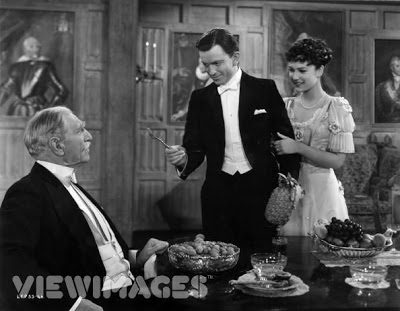
Tidbits
This is but one of many productions of this story.
Many of the fight scenes were filmed at the very location where the real life battle being depicted actually took place, yet an even more amazing fact is that several of the extras used in those scenes had either fought in or witnessed that real life battle which occurred only 40 years before the movie.

